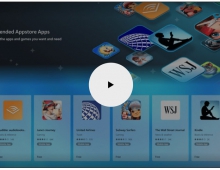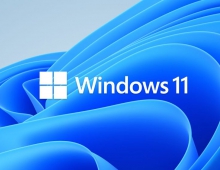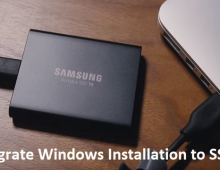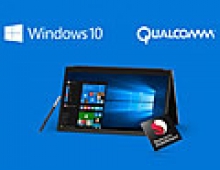
Unbundling Windows From European PCs
Computers in the European Union should be sold without a bundled operating system, according to a submission to the European Commission of the Globalisation Institute.
The Globalisation Institute is a a Brussels-based think tank developing policy options on issues related to the single market, environment, regulation,
international development, and trade liberalisation. The submission says that the bundling of Microsoft Windows with computers is not in the public interest, and prevents meaningful competition in the operating system market.
The submission comes after the Commission won a ruling supporting its existing antitrust action against Microsoft in the European Court of First Instance. The Institute argues that cheaper competitors are unable to benefit from their lower cost because consumers have already been forced to buy Windows. "Windows' dominant position both has slowed technical improvements and prevented new alternatives entering from the marketplace," the Institute says.
Operating systems, it says, are not a natural monopoly, requiring just one supplier. Instead, in a competitive market, there would be a broad compatibility between different supplier?s products. "Competition would encourage open standards and interoperability as vendors would, for competitive reasons, want their products to interact with other vendors? products," the submission says.
"The Windows monopoly imposes an extra cost on virtually every EU business, as the price of operating systems would drop in a more competitive market. Moreover, there are other costs: some argue that support costs are higher for Windows than other operating systems, particularly when one considers security vulnerabilities that have plagued Windows systems. Encouraging competition would help EU businesses, lowering their costs," added the submission.
The submission comes after the Commission won a ruling supporting its existing antitrust action against Microsoft in the European Court of First Instance. The Institute argues that cheaper competitors are unable to benefit from their lower cost because consumers have already been forced to buy Windows. "Windows' dominant position both has slowed technical improvements and prevented new alternatives entering from the marketplace," the Institute says.
Operating systems, it says, are not a natural monopoly, requiring just one supplier. Instead, in a competitive market, there would be a broad compatibility between different supplier?s products. "Competition would encourage open standards and interoperability as vendors would, for competitive reasons, want their products to interact with other vendors? products," the submission says.
"The Windows monopoly imposes an extra cost on virtually every EU business, as the price of operating systems would drop in a more competitive market. Moreover, there are other costs: some argue that support costs are higher for Windows than other operating systems, particularly when one considers security vulnerabilities that have plagued Windows systems. Encouraging competition would help EU businesses, lowering their costs," added the submission.




















